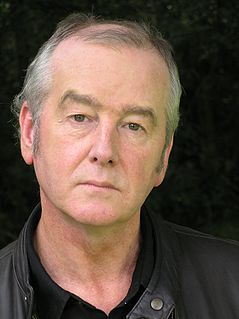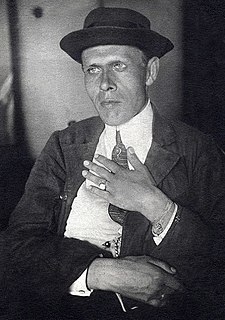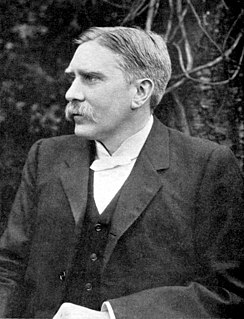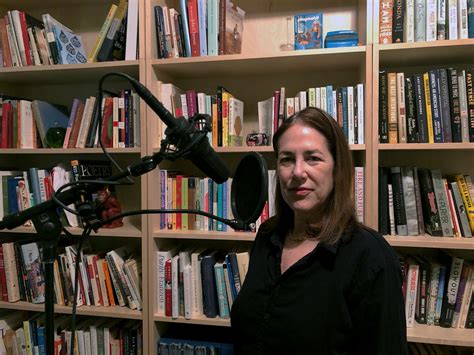A Quote by Michael Morpurgo
When I write I try as far as possible to forget I'm writing it at all. I tell it down onto the page, as if I'm telling it to one person only, my best friend.
Related Quotes
I feel like karma is something that's real. I try and be the best possible person I can be, but not only that I try to help as many people as possible and influence others in a positive manner. And that's all stuff brought on by MMA because I want to be successful so want to be the best possible person.
I try to tell student writers to read as much as possible, not only literature but philosophy, theory, and to form obsessions. There's a big taboo in fiction creative writing workshops against using the self at all, and I think I try to encourage students to write the self, but to connect the self to something larger, which is to be this thinking, seeing, searching, eternally curious person, and that writing can come out of investigating and trying to understand confusion, and doubts, and obsessions.
Writing has to do with truth-telling. When you're writing, let's say, an essay for a magazine, you try to tell the truth at every moment. You do your best to quote people accurately and get everything right. Writing a novel is a break from that: freedom. When you're writing a novel, you are in charge; you can beef things up.
For I do not want any one to read my book carelessly. I have suffered too much grief in setting down these memories. Six years have already passed since my friend went away from me, with his sheep. If I try to describe him here, it is to make sure that I shall not forget him. To forget a friend is sad. Not every one has had a friend. And if I forget him, I may become like the grown-ups who are no longer interested in anything but figures.
I tell my students that when you write, you should pretend you’re writing the best letter you ever wrote to the smartest friend you have. That way, you’ll never dumb things down. You won’t have to explain things that don’t need explaining. You’ll assume an intimacy and a natural shorthand, which is good because readers are smart and don’t wish to be condescended to.
Because of a friend, life is a little stronger, fuller, more gracious thing for the friend's existence, whether he be near or far. If the friend is close at hand, that is best; but if he is far away he still is there to think of, to wonder about, to hear from, to write to, to share life and experience with, to serve, to honor, to admire, to love.
I find it interesting that people often seem to believe that authors of realistic fiction are directly translating their personal experiences into their work. The fact is that telling a story is a transformative experience. There is rarely a one-to-one translation onto the page unless you're writing memoir, and even then, memory is unreliable. I think that the best books feel emotionally true, and that truth has to be rooted in real-world experience.
I always knew from the beginning that this was the only way to write Then We Came To The End - that it had to be in first - person plural if it was going to illustrate how the individual becomes part of the collective. I had no interest in writing the book in a more conventional voice. It goes back to that fascination I had with telling a story in multiple ways. It was the only choice I gave myself, really - I said "This is it, pal. If you can't tell a story this way, you're going to have to abandon the book. Write it this way or give up."

































